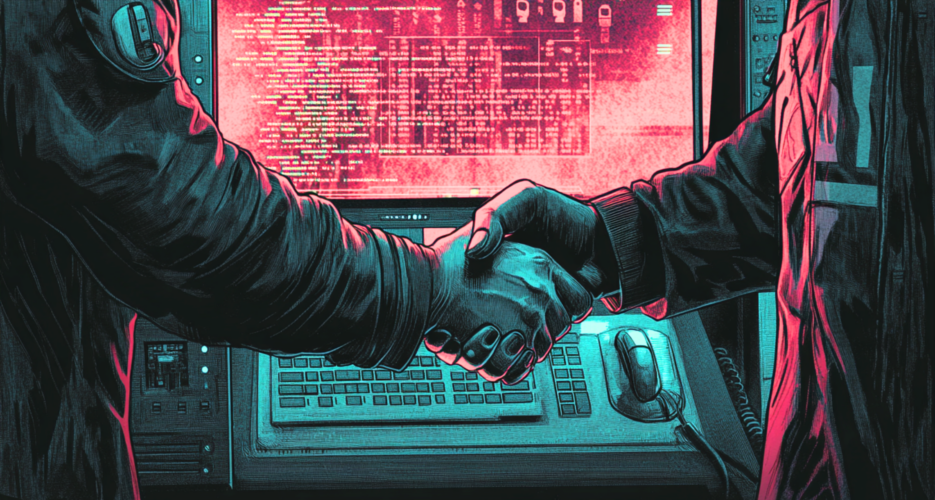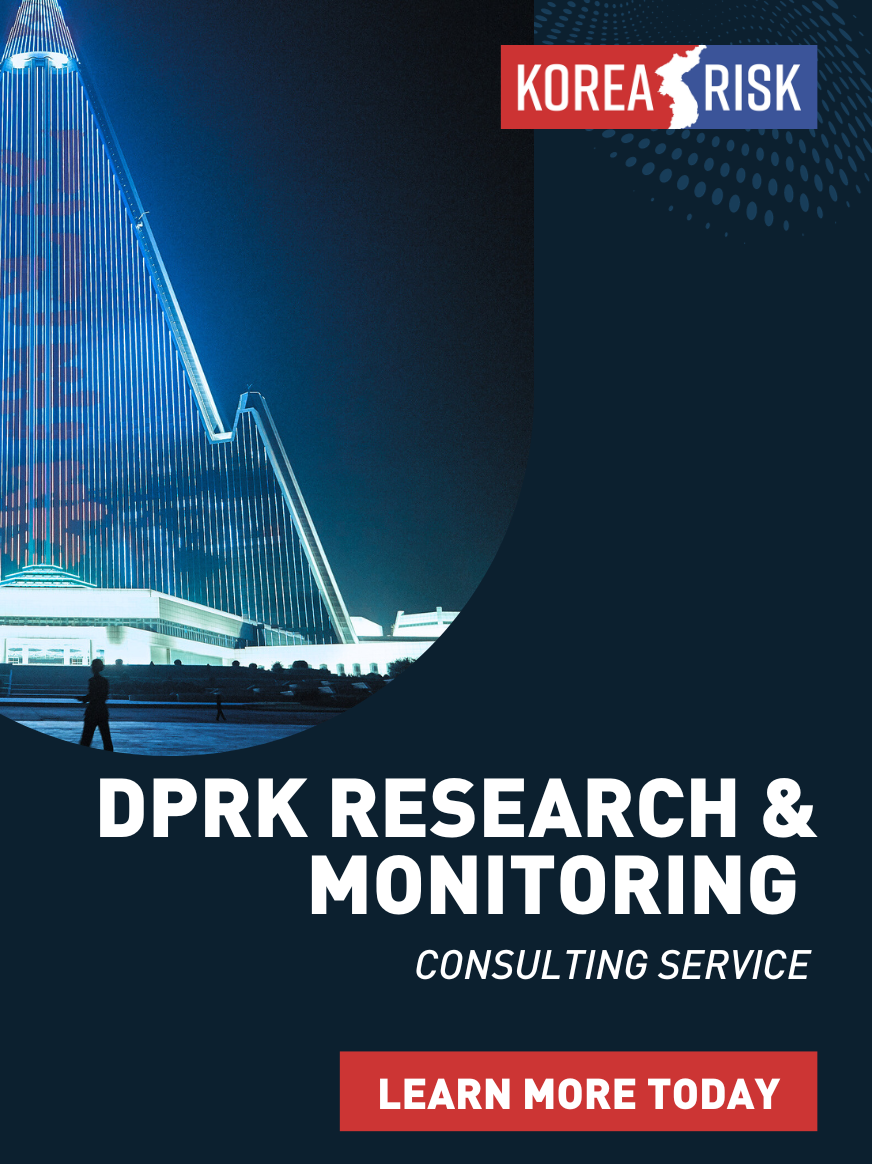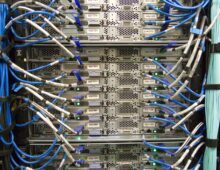|
News North Korea joins forces with underground hackers to spread ransomware: ReportSecurity firm warns collaboration between DPRK’s Andariel and Play group could herald more damaging attacks worldwide  A North Korean threat actor known for carrying out cyberespionage and extortion campaigns may have joined forces with an underground cybercrime collective for the first time to deploy ransomware, according to a U.S. cybersecurity firm. Palo Alto Networks’ Unit 42 threat research team warned in a report on Wednesday that the collaboration between Andariel and the Play ransomware group could herald a new trend in global campaigns, representing a shift in approach for the DPRK state-backed actor that it tracks under the name “Jumpy Pisces.” Play, which Unit 42 calls “Fiddling Scorpius,” is associated with the © Korea Risk Group. All rights reserved. |

The ultimate resources for professionals working on North Korea











